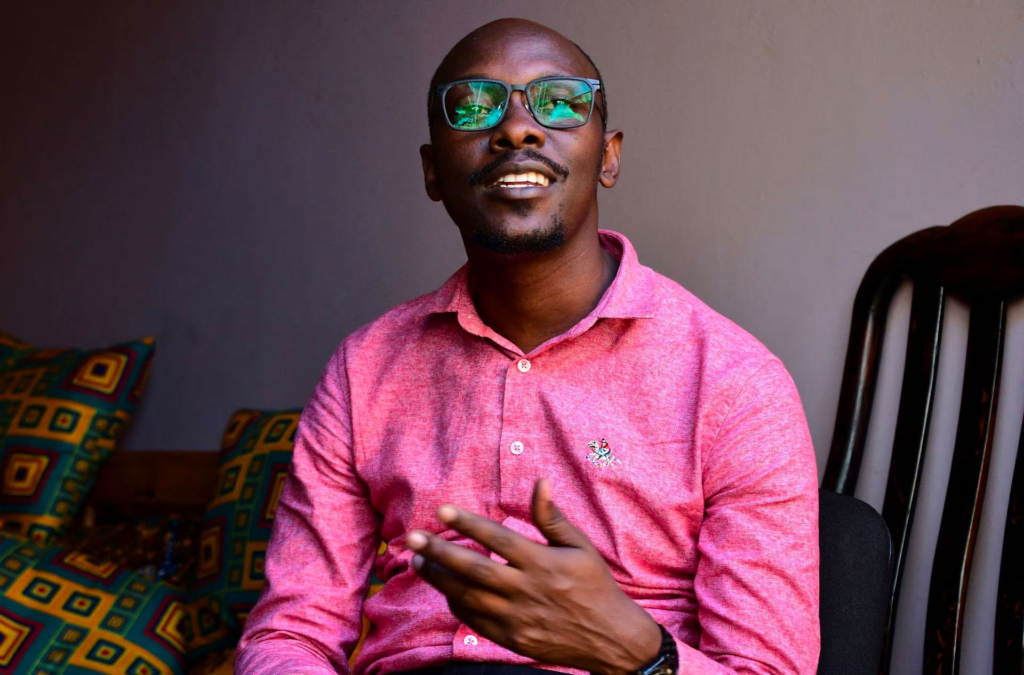Ugandan anti-gay law empties out HIV clinics, cuts legal aid
Colin Stewart is a 45-year journalism veteran living in Southern…
LGBTI patients fear to leave their homes. Advocacy of LGBTI rights on hold.

As fearful HIV patients deserted AIDS-fighting clinics in Uganda, a Ugandan legal aid organization has scaled back its work on behalf of the LGBTI community in order to avoid violating the nation’s new Anti-Homosexuality Law, which calls for 20 years in prison for the new, vaguely defined crime of “promotion of homosexuality”.
HRAPF (the Human Rights Awareness and Promotion Forum) announced that it will pause its efforts to persuade local governments to pass regulations guaranteeing equal access to HIV services for all people, including LGBTI persons. In general, “activities involving LGBTI issues will be indefinitely suspended,” HRAPF announced.
HRAPF will continue its constitutional challenges against the law. Its lawyers will continue to represent LGBTI clients, since the law states that the confidentiality of attorney-client privilege still applies.
However, everyone else is covered by the law’s new requirement to “report all persons that one knows or suspects to be engaged in ‘homosexuality’ ” People convicted of not reporting “homosexuality” can be sentenced to five years in prison if a child or other vulnerable person is involved; otherwise no penalty is specified. As a result, HRAPF announced, no staff members except for attorneys will be allowed to “receive, handle, document and represent LGBTI clients from now until the position is clarified.”
Meanwhile, HIV patients have stopped showing up at “a once busy U.S.-funded HIV/AIDS treatment center in Kampala, the Ugandan capital, because patients fear the police will identify and arrest them”, the Los Angeles Blade reported.
A second HIV services organization is seeking funds to send its staff to patients’ homes because vulnerable patients no longer dare to show up at the LGBTI-friendly clinic.

Andrew Tendo, resident medical officer at the US-funded clinic, warned that new waves of HIV infections were forming even as vulnerable people stayed away from treatment centres, afraid of being identified and arrested under the new laws.
“The LGBT community in Uganda is on lockdown now,” he said. “They don’t have preventive services. They cannot access condoms … they cannot access ARTs (antiretrovirals).” …
Until this year, the Kampala clinic had been a beacon of success for the fight against HIV in Uganda, where 1.4 million people live with the virus and 17,000 die a year as a result of its ravages, according to the state-run Uganda AIDS Commission.
Now, though, when patients do come in, it’s often out of absolute necessity, said Tendo, adding that the HIV cases presenting had become more severe as people skipped treatments.
Uganda’s health minister disputed a suggestion from a US official that the law would reverse the country’s gains fighting HIV/AIDS, saying last week that the government would ensure that prevention programmes would remain accessible to those that needed them.
The Los Angeles Blade reported:
The Human Rights Awareness and Promotion Forum, a health-oriented NGO that advocates for equal access to services by all people including LGBTQ+ persons, has suspended its work over the anti-homosexuality law.
The organization through a May 30 statement said it suspended its malaria, tuberculosis, and HIV services until the court clarifies the law to avert any prosecution for offering services to LGBTQ+ people.
“The board has decided that as HRAPF seeks an interpretation of these provisions from the constitutional court, it will stop work that the government has formally or informally indicated may be illegal under the new law and other work that we suspect may be interpreted as promotion of homosexuality under Section 11,” the statement reads.
Uganda’s NGO Bureau in January listed HRAPF among the civil society organizations under investigation on allegations of promoting homosexuality, which was not recognized as an offense before the new law came into effect.
“No details were given as to why HRAPF was being investigated, and this leaves us in the dark as to why we were being investigated,” reads the statement by HRAPF Executive Director Adrian Jjuuko.
The organization is among other petitioners that are challenging the legality of numerous contentious clauses in the anti-gay law including reporting gay suspects to the authorities under Section 14.
Persons who report the suspects are guaranteed state benefits like protection from punishment as whistle-blowers.
The harsh law on LGBTQ+ people has also impacted the once busy U.S.-funded HIV/AIDS treatment center in Kampala, the Ugandan capital, because patients fear the police will identify and arrest them.
The new law criminalizes consensual same-sex sexual relations with life imprisonment while transmitting HIV, which falls under the law’s “aggravated homosexuality” provision, carries the death penalty.
The deserted clinic always received a minimum of 50 patients daily for HIV/AIDS preventive services like condoms and antiretroviral therapy. Service providers are therefore concerned over a potential spike in HIV/AIDS cases.
The clinic has been instrumental in the fight against HIV in the country where 1.4 million people live with the virus and 17,000 annual deaths from the disease, according to the latest figures by Uganda’s AIDS Commission.




